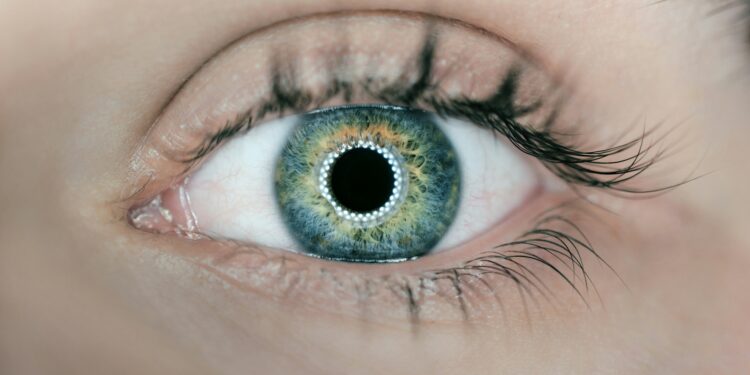It’s a common disease.
Individuals with diabetes often face various health challenges, with vision loss due to retinal damage being a significant concern. Dr. J. Michael Jumper, president of the American Society of Retina Specialists (ASRS), highlights that diabetes can damage vision quietly, sometimes before symptoms become noticeable. This makes regular dilated eye exams essential for people with diabetes to detect any retinal damage early.
Fortunately, recent advances have improved the early detection and treatment of diabetic retinopathy, a common eye disease related to diabetes. Dr. Jumper emphasized that losing sight to diabetes-related eye issues is preventable, thanks to new methods in early diagnosis and treatments developed by retina specialists, which can support lifelong healthy vision.
The ASRS aims to raise awareness among people with diabetes about the impact of their condition on eye health. Around 40 million Americans live with diabetes, and nearly half of them may experience diabetic retinopathy. This condition damages the retina’s blood vessels and can be worsened by factors like poor blood sugar control, high blood pressure, kidney disease, elevated cholesterol, and pregnancy.
Diabetic retinopathy can develop silently, with symptoms often appearing only after considerable damage has occurred. Warning signs include blurred or distorted vision, difficulty reading, seeing floaters, a shadow across vision, eye pressure, challenges with color perception, and occasionally, double vision. Regular dilated eye exams help in detecting these changes early, as they provide a detailed view of the retinal tissue.
Advanced tools in eye care also aid in managing diabetic retinopathy. Technologies like optical coherence tomography (which gives detailed images of the retina’s cross-section), fundus photography (which documents changes in retinal health), and fluorescein angiography (a dye-based technique for tracking retinal blood flow) are vital in monitoring and diagnosing this condition.
In terms of treatment, several options exist, including anti-VEGF injections to reduce harmful blood vessel growth in the retina, laser therapy, and surgery when necessary. Some newer formulations of anti-VEGF medications even allow for fewer injections, improving convenience and comfort for patients.

































Discussion about this post